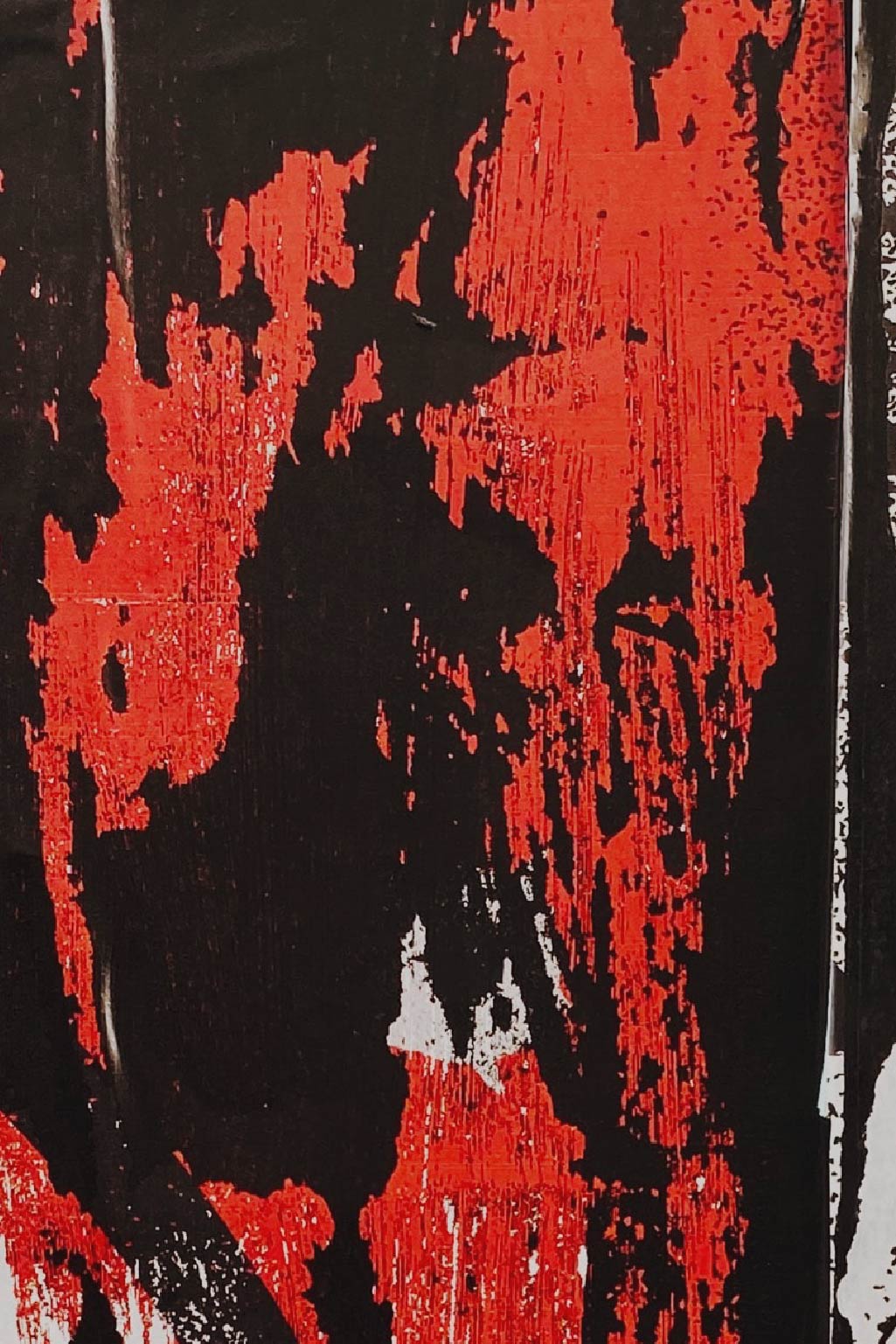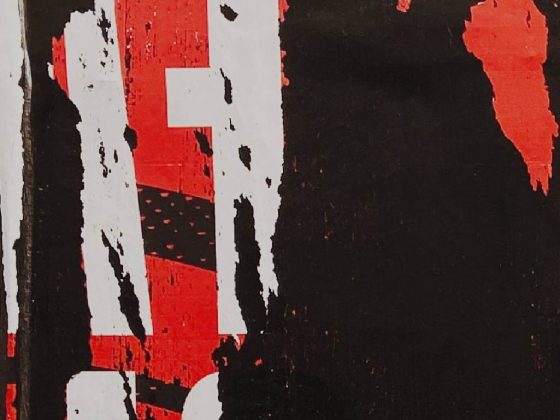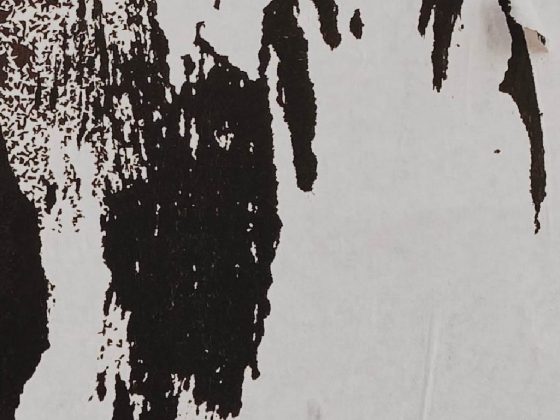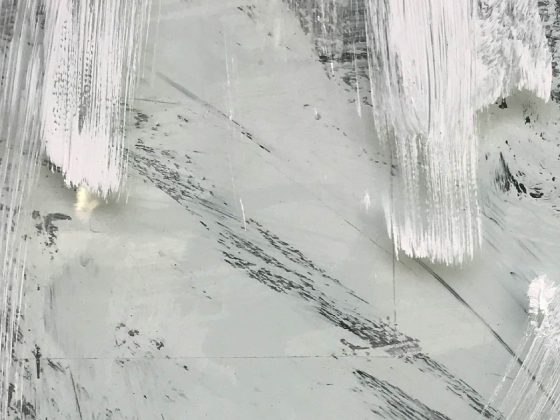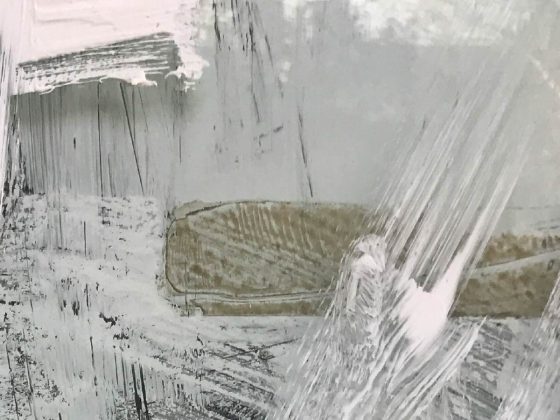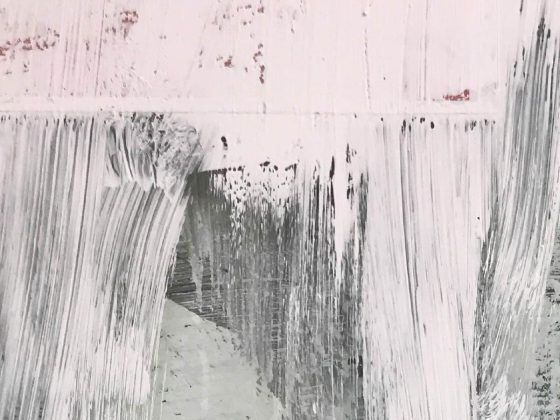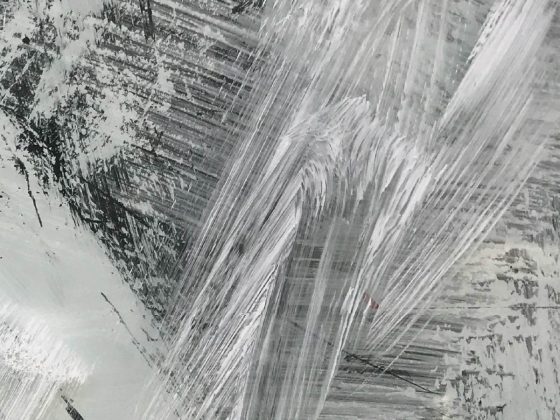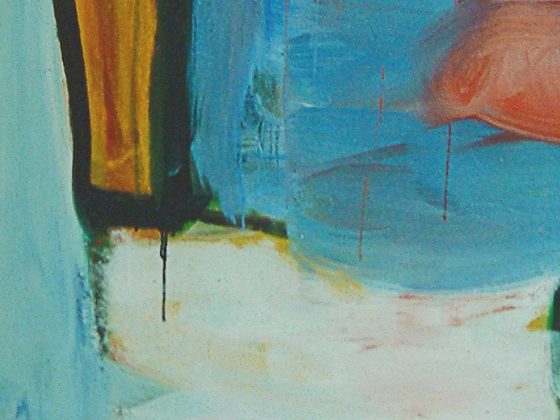Teología y cultura, año 13, vol. 18 (noviembre 2016), pp. 25-36 ISSN 1668-6233
La conocida historia de Agar, la esclava de Abraham y de Sara es una donde afloran varios conflictos propios del contexto socio cultural donde se originan: división de clases, prejuicios, costumbres religiosas, leyes establecidas, relaciones intrafamiliares. En su afán por la libertad de la ley, del pecado y de la muerte, Pablo se enfrenta a esta historia y utiliza a Agar para representar la esclavitud de ley.
En este artículo, la autora intenta mostrar que, a través del propio texto de Génesis 16 y 21 Agar sí fue una mujer libre, y que Dios le dio la razón en sus dos encuentros con ella; su regreso a la casa de Abraham no fue un acto de humillación sino que lo hizo partiendo de su propia decisión, de su propio criterio e inteligencia.
Agar, pese a ser utilizada como ejemplo de esclavitud, es descrita en este artículo como representante fiel de las mujeres abandonadas, las que se piensan indefensas y desposeídas pero que se arriesgan a caminar por el desierto con esperanza de un nuevo y mejor futuro.
Palabras clave: Libertad. Esclavitud. Mujer. Madre soltera.
Abstract: The familiar story of Hagar, the handmaid of Abraham and Sarah is one where conflicts arise from a socio-cultural context from where they originate: class division, prejudice, religious customs, established laws, domestic relations. In their quest for freedom from the law of sin and death, Paul confronts this story and uses Hagar to represent the slavery of the law.
The interest of the author, in this article, is to show that, through the actual text of Genesis 16 and 21 Hagar was a free woman, and God gave her this assurance in his two encounters with her. And that her return to the house of Abraham was not an act of humiliation but based on her own decision, her own judgment and intelligence.
Hagar, despite being used as an example of slavery, the author describes her as a faithful representative of abandoned women, which think they are helpless and empty handed, but still they risk walking through the desert with hope for a new and better future.




